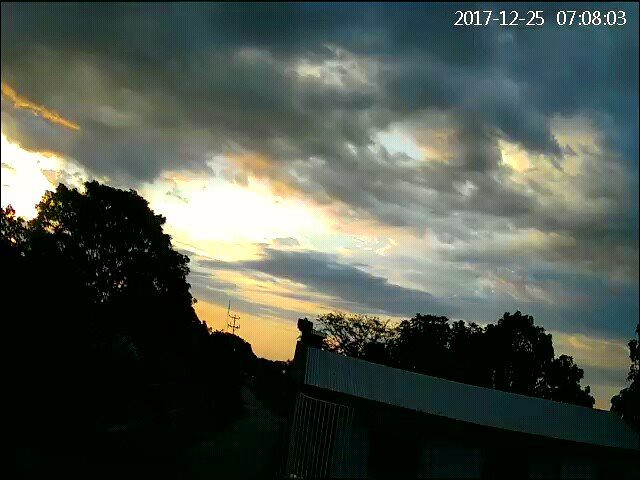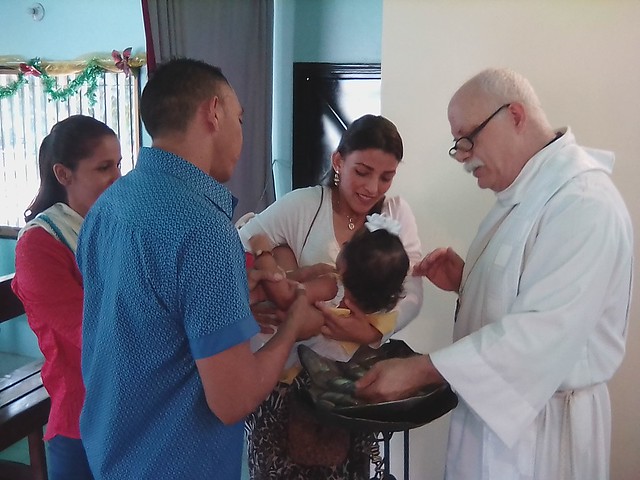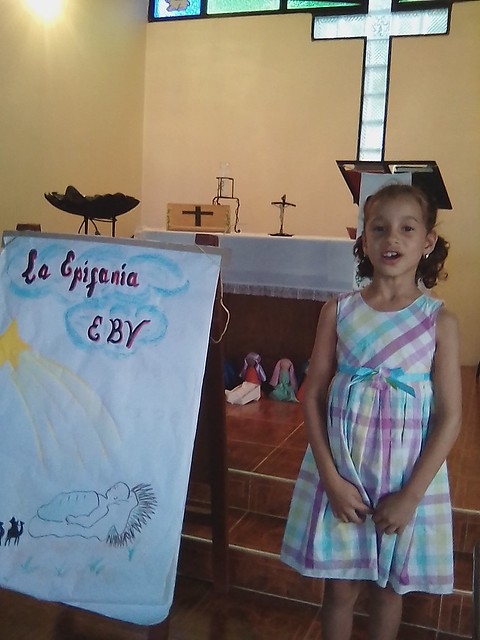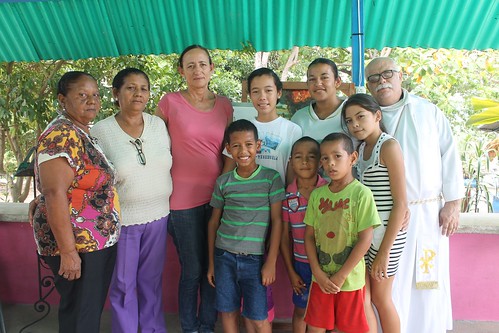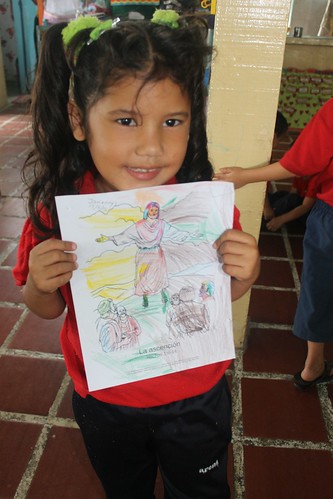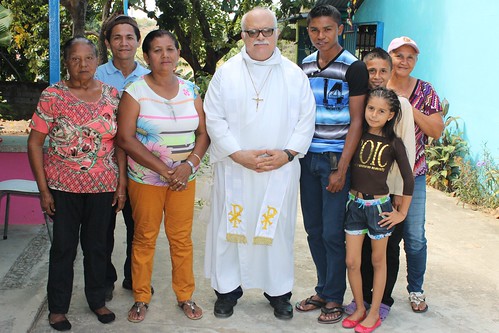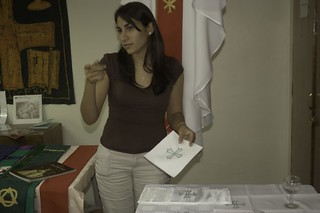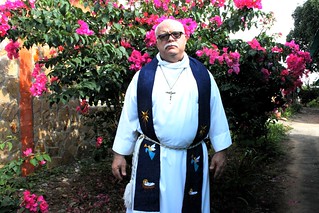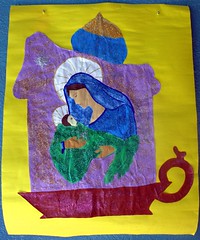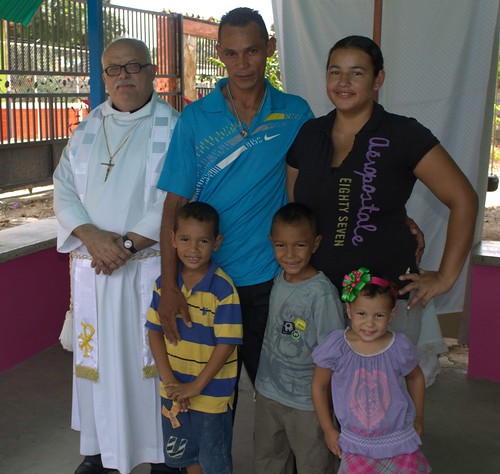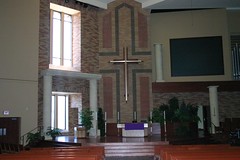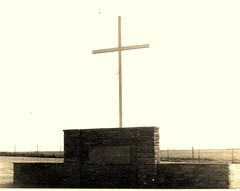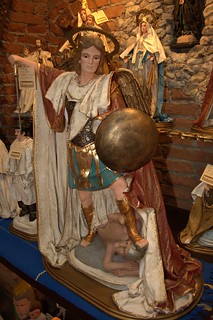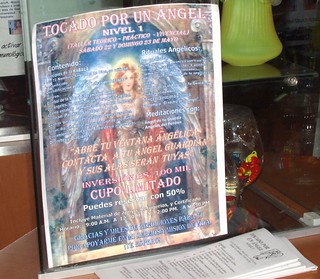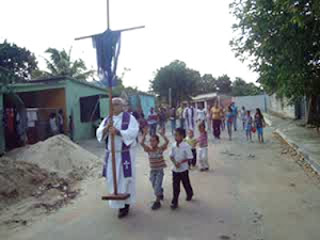On Pentecost Sunday,
June 9, 2019, we delivered the bulk of the latest shipment of
medicines from the Confessional
Lutheran Church of Chile and Global
Lutheran Outreach to 15 families in need of them.
Requests for
medicine are coordinated through the Lutheran Church of Venezuela.
Recipients can choose from a list of 25 common medications (up to
three medications per patient). Each of those 25 medicines are
available in Chile without a prescription. With money raised by
Global Lutheran Outreach, medicines are purchased in Chile with the
cooperation of a local pharmacy. Members of the Confessional Lutheran
Church of Chile collate the orders and prepare each congregation’s
shipment. Medicine is shipped using a globally known shipping
company, and then is unpacked and sorted for distribution to the
beneficiaries. After arriving in Venezuela, the medicines are sorted
and packed for distribution to each beneficiary. In the first three
months of 2018, Global Lutheran Outreach shipped a month’s supply
of medicine to over 440 patients. The average cost per patient for a
month’s supply is about $15 (including shipping).
Global Lutheran
Outreach began its Venezuela
Relief Project by sending funds to help people purchase food.
Although food shortages are an acute problem for many Venezuelans,
the lack of medicines is even more grave in a number of ways. Without
adequate medicines, medical equipment or sanitary supplies, diseases
that had virtually disappeared from Venezuela, such as malaria,
diptheria and tuberculosis are spreading once again. Medical
conditions that once were considered minor problems have become
life-threatening. People who need medication to deal with such conditions
as epilepsy and schizophrenia are in dire straits. And this is the
situation everywhere.
To put things in
perspective: During the last half of the 20th Century, there was
rapid population growth in Venezuela’s urban centers without
corresponding investment in infrastructure (roads, railways, water
systems, electrical generating capacity, etc.). With the collapse of
Venezuela’s economy, it’s the people who live in once prosperous
cities like Caracas or Maracaibo who suffer most from shortages of
food and drinking water. It has been noted that, ironically, the
remote, rural areas that never fully benefitted from the
post-WWII prosperity are now coping better with food shortages. The
people in these areas either can grow their own food or barter goods
and services with agricultural producers. However, even being able to
grow medicinal plants in your backyard is not a substitute for
vaccines and other modern forms of treatment.
School supplies
from LeadaChild
Also in this past
month, we have received school supplies – notebooks, pencil
sharpeners, construction paper, glue and the like – from
LeadaChild,
a mission society based in Olathe, Kansas. A Recognized Service
Organization of The Lutheran Church – Missouri Synod and a
501(c)(3) nonprofit charity, incorporated in the state of Kansas, and
a charter member of the Association of Lutheran Mission Agencies
(ALMA), LeadaChild has supported educational projects in Venezuela
since the 1990s and Epiphany Lutheran Mission since 2006.
We presented some of
the school supplies and Bible storybooks from the Lutheran
Heritage Foundation to Luz Maria’s afterschool students who
next month will graduate from sixth grade to begin high school in
September.
Completing
coursework
On June 11, we
received a visit from Pastor Eliezer Mendoza, director of the Juan de
Frias Theological Institute, and Pastor Miguelangel Perez, president
of the Lutheran Church of Venezuela. Much of our discussion centered
on the fact that I am close to completing my coursework with the
Formación Pastoral Hispanoamerica program.
Perhaps I should
explain a few terms. There has never been a residential Lutheran
seminary in Venezuela. The Juan de Frias Theological Institute was
organized in the 1970s around the Theological Education by Extension
(TEE) model pioneered by Ralph D. Winter, a former Presbyterian
missionary to Guatemala, in the 1960s. TEE was the precursor for
modern day theological distance education programs. The idea behind
TEE was to make it easier for local church leaders to learn and be
ordained as ministers without relocating them and their families for
years to the capital city to attend seminary. These students could
continue their ministry while studying at extension campuses near
their town or village. Then, once a month, they would go to the
seminary in the capital city to study.
When I came to
Venezuela in 2003, I started taking extension courses from the Juan
de Frias Institute (it is named for a Augustinian friar from Caracas
who was burned at stake for teaching Lutheran doctrine in the 17th
Century). Eventually I was invited by the national church to enroll
in an intensive program to train pastors that required weekly
attendance of classes in Caracas throughout 2007. In 2008, I
continued to attend Juan de Frias seminars periodically until my
ordination in December 2008.
Unfortunately, this
program depended heavily on visiting professors from Concordia
Seminary, St. Louis; Concordia Theological Seminary, Fort Wayne,
Indiana; and Seminario Concordia, Buenos Aires, Argentina. Given
current circumstances, it no longer is possible for professors from
these seminaries to safely travel to Venezuela, nor is it as safe to
travel every week to Caracas. There also are not enough qualified
Juan de Frias instructors living in Venezuela to travel to all parts
of the country as in previous decades.
But there is
distance learning via the Internet, and for the past four years I
have been taking on-line courses as a student in the Formación
Pastoral Hispanoamerica (FHP) program, which is part of the LCMS
Specific Ministry Program (SMP). The SMP is a means to provide
ordained men to serve in ministry situations for which a
residentially trained pastor cannot be supported.
SMP–Español/English (SMP–EsE), headquartered at Concordia Fort
Wayne, addresses the growing need for pastors in the LCMS who speak
Spanish and are equipped to serve in bilingual congregations. FHP is
an extension to the SMP-EsE distance education program to Latin
America, with its base at the newly established Seminario
Concordia El Reformador in the Dominican Republic. Dr. Arthur A.
Just, Jr., who now serves on the faculties of the seminaries in both
Fort Wayne and the Dominican Republic is director of the FPH program.
God willing, I will
finish the program this year and next year receive a diploma from
Seminario Concordia El Reformador. The value of this is that I then
will be qualified to serve with the Juan de Frias Institute in
training future pastors, deacons and deaconesses in Venezuela. This
is consistent with our long-term goal of making Epiphany Lutheran
Mission a center for such training in southwestern Venezuela.
Our days are
numbered
We have completed
the so-called “festival half” of the church year with the
celebration of Trinity Sunday. The major festivals, which include
Christmas, Easter, Ascension and Pentecost, all occur during the
first half of the ecclesiastical calendar, which begins in November
with the first Sunday in Advent. The latter half sometimes is called,
in a very boring manner, “the non-festival half”, but I prefer
the term, “Ordinary Time”, which does not mean ordinary in the
sense of common, but ordered or enumerated. Thus the Sundays are in
order, first, second, third, etc., Sunday after Trinity/Pentecost
(depending on which lectionary that you use) until the last Sunday of
the church year, Christ the King Sunday. This represents the idea
that the days are numbered until the Second Coming of the Lord in
glory.
“Just as it was in
the days of Noah, so will it be in the days of the Son of Man. They
were eating and drinking and marrying and being given in marriage,
until the day when Noah entered the ark, and the flood came and
destroyed them all. Likewise, just as it was in the days of Lot—they
were eating and drinking, buying and selling, planting and building,
but on the day when Lot went out from Sodom, fire and sulfur rained
from heaven and destroyed them all—so will it be on the day when
the Son of Man is revealed.” (Lucas 17:26-30)
The mission of the
church during these ordered days is to proclaim the whole Word of
God, Law and Gospel. The good news of salvation in Jesus is to be
understood in the context of the imminent outpouring of God’s
wrath, when there will be no more grace and mercy, but only judgment
upon the wicked.
“For as often as
you eat this bread and drink the cup, you proclaim the Lord's death
until he comes.” 1 Corinthians 11:26
As for those who
have received the Lord’s grace in baptism, we will not be taken
unaware by the day of judgment, whenever we celebrate the Eucharist
we proclaim not only His atoning death, but also His return in glory.
Amen.






